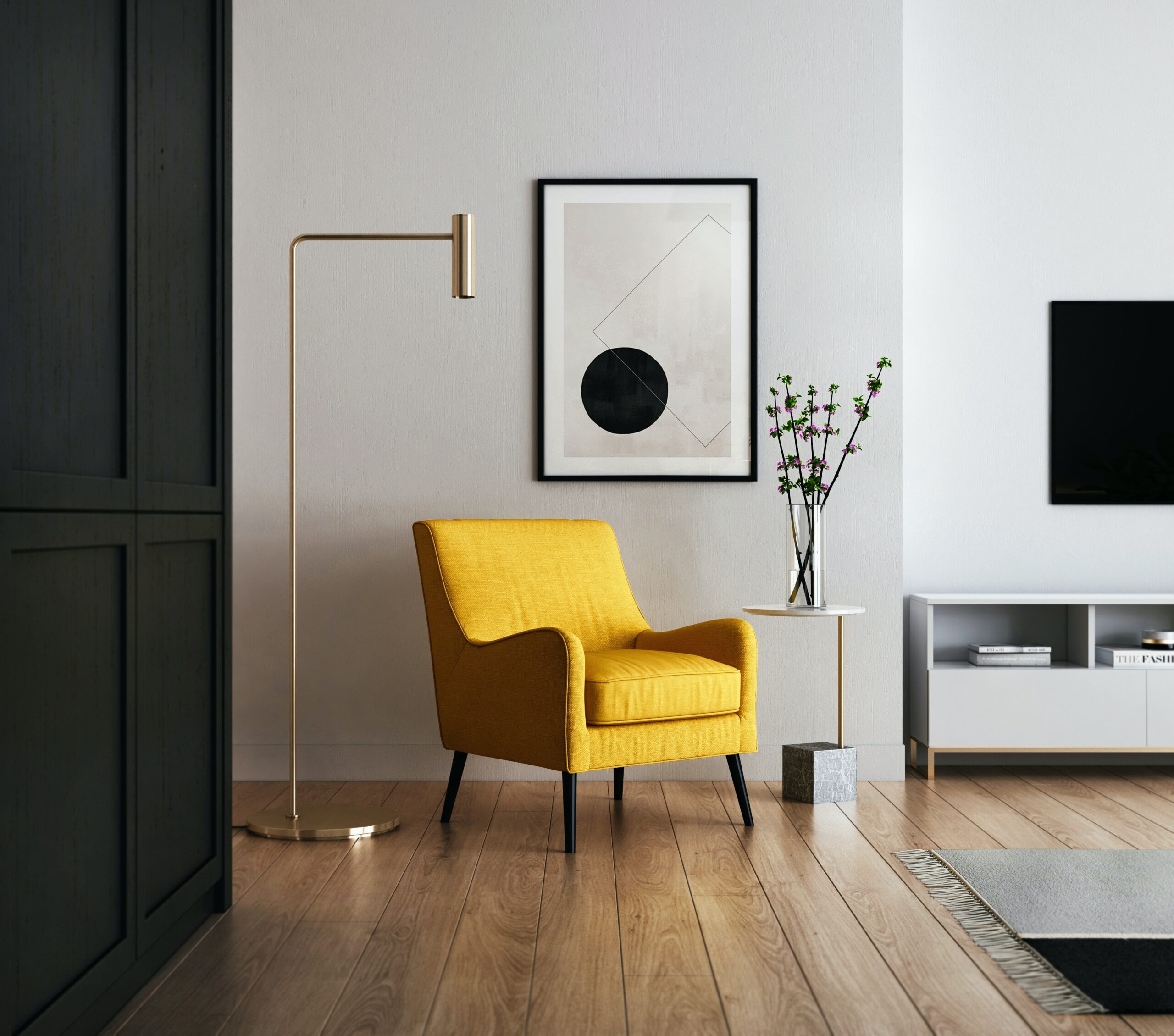Introduction
In today’s fast-paced world, creating a harmonious living space has become more important than ever. One way to achieve this is by incorporating Feng Shui principles into your home. Feng Shui, an ancient Chinese practice, focuses on the arrangement and flow of energy to promote balance and harmony in our surroundings. In this blog post, we will explore some key Feng Shui principles that can help you create a harmonious home.
Clear the Clutter
One of the fundamental principles of Feng Shui is to declutter your living space. Clutter not only disrupts the flow of energy but also creates a sense of chaos and overwhelm. Take the time to go through your belongings and get rid of anything that no longer serves a purpose or brings you joy. By clearing the clutter, you will create a more peaceful and harmonious environment.
Balance the Elements
Another important aspect of Feng Shui is the balance of the five elements: wood, fire, earth, metal, and water. Each element represents different qualities and energies. To create harmony, it is essential to have a balanced representation of these elements in your home. For example, you can incorporate wooden furniture for the wood element or add a water feature for the water element. By balancing the elements, you will create a sense of equilibrium and promote positive energy flow.
Maximize Natural Light
Natural light is a vital component of a harmonious home. It not only enhances the overall aesthetic but also has a positive impact on our well-being. To maximize natural light, ensure that your windows are clean and unobstructed. Use light-colored curtains or blinds that allow sunlight to filter through. Additionally, consider adding mirrors strategically to reflect light and create a brighter and more spacious feel.
Arrange Furniture Mindfully
The arrangement of furniture plays a significant role in Feng Shui. It is essential to create a layout that allows for a smooth flow of energy throughout the space. Avoid placing furniture in a way that obstructs pathways or creates a cramped atmosphere. Instead, arrange furniture in a way that promotes conversation and connection. Additionally, consider the placement of your bed and desk, as they are crucial for rest and productivity, respectively.
Bring Nature Indoors
Nature has a calming and rejuvenating effect on our well-being. Incorporating natural elements into your home can help create a harmonious environment. Consider adding indoor plants to purify the air and bring a touch of greenery. You can also display natural materials such as stones, seashells, or wooden sculptures. By bringing nature indoors, you will create a sense of serenity and connection with the natural world.
Choose Soothing Colors
Colors have a profound impact on our emotions and energy. In Feng Shui, certain colors are believed to promote different qualities. For a harmonious home, choose colors that evoke a sense of calm and tranquility. Soft blues, greens, and earthy tones are often recommended. However, it is essential to choose colors that resonate with you personally. Experiment with different shades and find the ones that make you feel at ease.
Create a Sacred Space
Having a dedicated space for relaxation and introspection is essential for a harmonious home. This can be a meditation corner, a reading nook, or a space for practicing yoga. Create an area that is free from distractions and allows you to connect with yourself. Fill this space with items that inspire and uplift you, such as candles, incense, or meaningful artwork. By creating a sacred space, you will promote a sense of peace and balance in your home.
Conclusion
Incorporating Feng Shui principles into your home can have a transformative effect on your well-being. By decluttering, balancing the elements, maximizing natural light, arranging furniture mindfully, bringing nature indoors, choosing soothing colors, and creating a sacred space, you can create a harmonious and peaceful living environment. Embrace these principles and watch as your home becomes a sanctuary of positive energy and tranquility.

